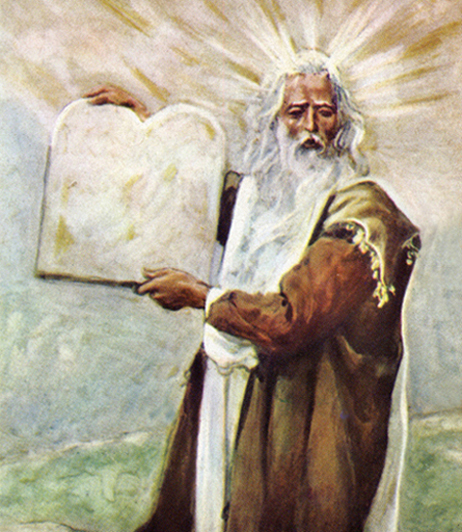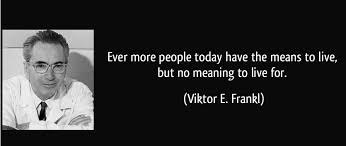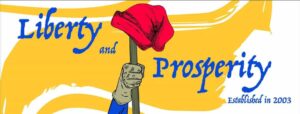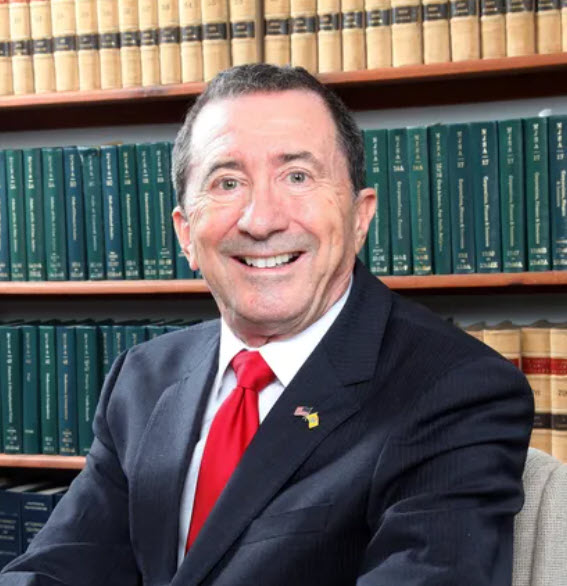
Jewish tradition teaches that while the ancient Hebrews were no longer slaves after Passover, they did not enjoy true freedom until they submitted to God’s laws 50 days later on Shavuot (Pentecost).
Most Jews and even most Christians know about last April’s holiday of Passover (Pesakh in Hebrew, Paskha or Pascua in many European languages). Passover celebrates when God freed the ancient Hebrews from slavery. It includes a “Seder”, a joyous family meal with abundant wine where parents and grandparents tell the story to their children and grandchildren. Part of that story tells how each Jewish family sacrificed a “spotless, unblemished lamb” so that the Tenth Plague bringing death to Egypt would “pass over” the homes of Jews marked with blood of that lamb. (Exodus 11 and 12)
Christians also know much about Passover. The “Last Supper” was a Passover Seder. The Gospel of John (John 1:29) and apostles Peter (1Peter 18) and Paul (1Corinthians 5:7) compared Jesus to the Passover lamb by being crucified to redeem all people from sin and death.
However, the Old Testament also connects Passover, the holiday of freedom, with a second holiday that is just as important. That second holiday is called Shavuot (Pentecost) and it is sadly neglected and mostly forgotten. That holiday began at sunset last night. The Torah commands Jews to count 7 weeks or 49 days from Passover to the 50th day when Shavuot (Pentecost) begins. “Shavuot” is Hebrew for “sevens” “Pentecost” is the Greek word for 50.
According to Jewish tradition, the newly freed Hebrew slaves reached Mount Sinai and received the Ten Commandments 50 days after they left slavery in Egypt on Passover. In Hebrew, the “Ten Commandment” are called “The Ten Words”. My guess is that they were originally written on stone tablets as ten Egyptian hieroglyphic symbols. Jews group them as follows:
1) I am the Lord thy god, who brought thee out of the land of Egypt, out of the house of bondage.
2) Thou shalt have no other gods before Me.
3) Thou shalt not take the name of the Lord thy God in vain.
4) Remember the Sabbath day to keep it holy.
5) Honor thy father and thy mother.
6) Thou shalt not murder.
7) Thou shalt not commit adultery.
8) Thou shalt not steal.
9) Thou shalt not bear false witness against thy neighbor.
10) Thou shalt not covet (crave, or be jealous of) anything that belongs to thy neighbor.
(Roman Catholics and Lutherans break the Jewish First Commandment into two parts, and separate the Tenth Commandment into their Ninth and Tenth Commandments. “You shall not covet your neighbor’s wife” and “You shall not covet anything that belongs to your neighbor”.)
Why does the Bible link Passover, a festival of freedom with Shavuot/Pentecost, a day when Jews were commanded to give up much of their freedom and to obey laws?
Jewish tradition teaches that there can be no true freedom unless everyone submits to certain basic laws including the Ten Commandments. Without these basic laws, there is no real freedom because the weak would live in fear of the powerful,. Even the powerful would be afraid of being killed and robbed while sleeping, or have his family attacked and robbed while away from home.
In many ways, the Ten Commandments are another way of describing the “self-evident” truths, or what Abraham Lincoln called “the sentiments” of our American Declaration of Independence.
“We are all created equal. We are all endowed by our Creator with certain unalienable rights. Among these are life, liberty, and the pursuit of happiness”.
We can only enjoy these “unalienable rights” when citizens respect and follow basic laws like those of the Ten Commandments.
It is also worth mentioning that at one time, black slaves in America were inspired by stories of the ancient Hebrews of the Old Testament. Many of these stories were put into beautiful and powerful gospel songs. As slaves, blacks sang of their faith that God would free them in America as he freed the Hebrews in Egypt.
After the Union defeated the slave states of the South in the Civil War, the Thirteenth, Fourteenth, and Fifteenth Amendments to the U.S. Constitution were adopted to set black slaves free, and guarantee their equal rights. During the next hundred years, blacks made enormous progress by learning to read (something that was a crime when they were slaves), reading the Bible, and applying its wisdom.

During those first hundred years after slavery, blacks in America became so literate that Southern whites had to enact “grandfather laws” to keep political control. That was because in many counties, more blacks than whites were passing literacy tests that southern whites enacted to keep freed black slaves, who they wrongfully assumed were illiterate, from voting! “Grandfather laws” stated that anyone whose grandfather had voted could automatically vote without taking a literacy test. Only whites in the former slave states of the South had grandfathers who were qualified to vote. Blacks were given separate tests that could never be passed, and were beaten or killed if they even tried to register to vote.
That discrimination, along with KKK terror by Democrats in the South against Republicans who defeated them in the Civil War (most freed black slaves then voted Republican), caused millions of blacks to move to northern, Republican states during what was known as “The Great Migration”. Many came to Atlantic City, which they often called “The New Promised Land”.

More recently Viktor Frankl, the world-renowned psychiatrist also wrote of the connection between true freedom, and obeying laws. Frankl was best known for his 1946 book “Man’s Search For Meaning” and his writings on “logotherapy”. However, Frankl also often wrote that “freedom without responsibility is an oxymoron”. He suggested building a “Statue of Responsibility” on the West coast to balance out the Statue of Liberty in New York. Click here for “Viktor Frankl and the Statue of Responsibility” by Alex Pattakos.
“Freedom, however, is not the last word. Freedom is only part of the story and half of the truth. Freedom is but the negative aspect of the whole phenomenon whose positive aspect is responsibleness. In fact, freedom is in danger of degenerating into mere arbitrariness unless it is lived in terms of responsibleness. That is why I recommend that the Statue of Liberty on the East Coast be supplemented by a Statue of Responsibility on the West Coast.”
Seth Grossman, Executive Director

